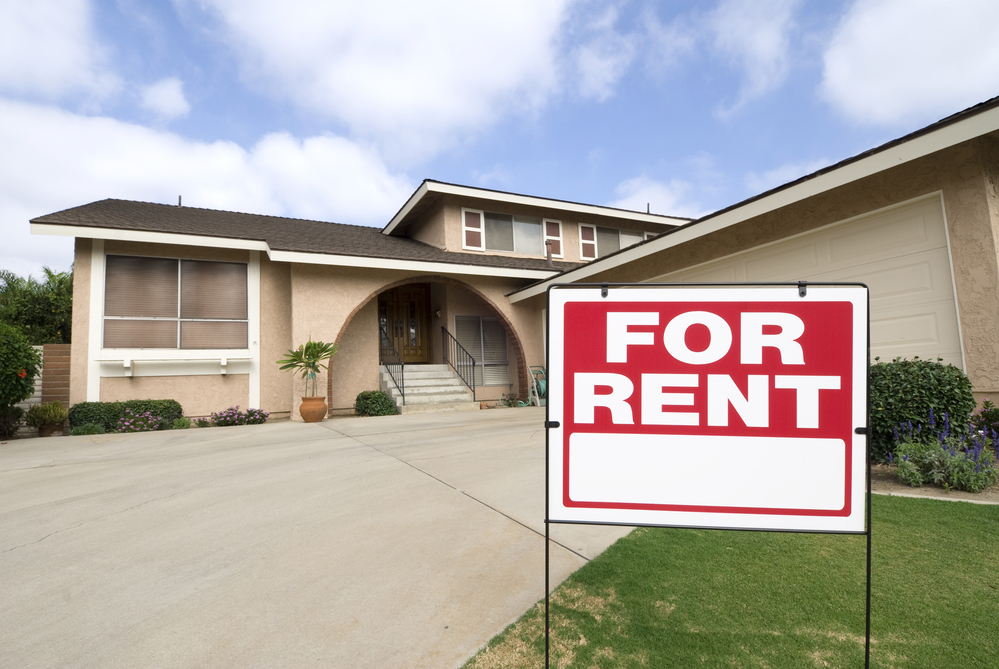
There is a lot to be said for renting these days—and especially as people are still reeling ten years later from the housing bubble that eventually burst. Renting takes a lot off your plate financially and in terms of time, as the landlord is usually tied to maintenance on most aspects of the residence, as well being expected to make repairs expediently. And while making sure you are comfortable in your home is usually the main task of the homeowner or real estate company renting to you, they must also make sure that your living conditions are suitable otherwise. This means that dealing with any extraneous issues falls under the landlord’s responsibilities to you. Bottom line: if you are a renter, you should expect to live in a safe, comfortable area.
For a landlord, that could mean there is a lot to handle sometimes, but it is all part of keeping up with the promises of the lease—along with maintaining proper order and cleanliness generally required by your city or county. As a tenant, you could find yourself in living difficulties or an untenable situation due to any of the following examples:
- Pests – the area should be free of any pests or rodents, but proper precautions and chemicals must be used when exterminating.
- Neighbors – if they are overly loud or affecting your living arrangements with piled up trash or anything that could pose harm to you or your health – while this could develop into a potential real estate dispute, it is the landlord’s responsibility to handle, especially if the tenant is renting from them too.
- Environmental hazards – obviously an environmental hazard of any kind should be resolved right away. While there could be the outside chance that you were alerted to something like this and it was written into your lease, that’s highly doubtful (and may violate your rights anyway)! It is up to the landlord to have the problem examined and cleaned up.
- Shared areas (usually in apartment buildings, condos, or duplexes) – these places should be clean, trash should be cleaned up, and there should be at least a basic modicum of landscaping.
- Rent raised suddenly and unreasonably – this could pose serious financial ramifications and may go against any local rent control laws if not agreed upon in your lease originally.
You and your landlord may be able to reach an agreement lowering the rent payments if the space is considered uninhabitable or uncomfortable, but in most cases, you are obligated to continue paying until the situation is resolved. If you are not able to reach a resolution with your landlord, you may have every right to break your lease, as well as pursuing legal action.
Are you in the middle of a landlord/tenant dispute, or do you need help creating or negotiating a commercial or residential lease? Call Shane Coons now at 949-333-0900 or email us at Shane.Coons@seclawoffices.com. We can review your needs for creating a contract, answer your questions, and help you decide how to move forward. We are here to help!
